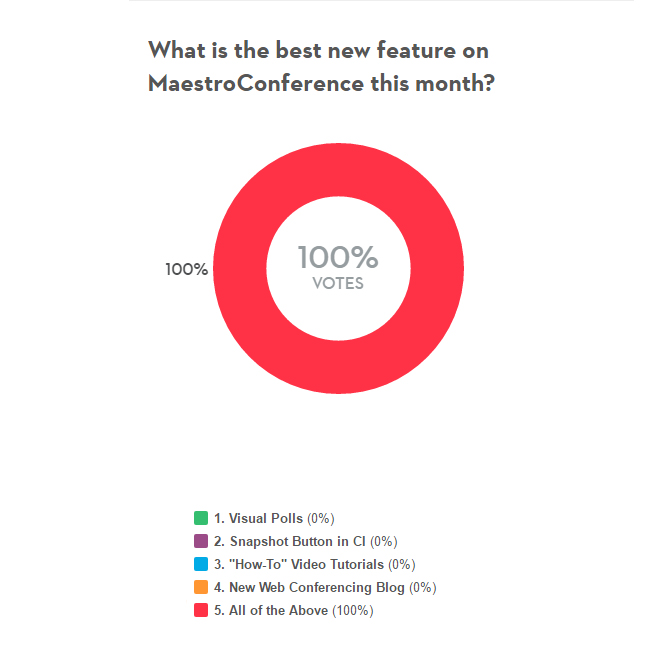Why Efficiency is More Important than Productivity
Open a business blog of some kind – a major one like Forbes or Entrepreneur or one of the tiny ones, it doesn’t matter.
Take a look at the homepage.
Chances are that you will see at least one article about boosting one’s productivity, the productivity of one’s team or the entire organization.
Articles like that are ubiquitous and, more often than not, they miss the point completely.
It’s not just that they oversimplify the whole concept, which they also do in astonishingly broad strokes. It’s that they focus on the wrong thing.
In the majority of cases, these articles would be immeasurably more beneficial for the reader if they focused on being more efficient and not more productive.
Getting Down to Definitions
In order to understand why the focus on efficiency instead on productivity is often the better idea, we have to go all lexicographic and formally define these two concepts.
(It should be pointed out here that these two terms can mean a ton of different things in different situations and to different people, especially if one includes the historic definitions and implications.)
In the simplest terms possible, productivity is the measurement of the value and the amount of work that has been done over a set period of time.
Efficiency, on the other hand, describes the capability of a specific effort or application to produce a certain desired outcome, utilizing the minimum amount of waste, resources, or unnecessary effort.
In other words, productivity measures how much value was produced over a certain period of time while efficiency measures the ratio between input and output.
So, why is efficiency (often) more important than productivity?

Efficiency is Less Myopic
Neither productivity nor efficiency should ever be used as the only measurements to make any all-encompassing decisions such as promoting or firing people or tearing down entire processes or companies. They are much too narrow in focus and there is always much more going on for this to be a good idea.
That being said, efficiency is much less myopic than productivity when trying to predict the outcome of certain efforts. This is perhaps best illustrated by an example.
Let’s say that you are the CEO of a growing startup and you have a ton on your plate, and we mean a ton. You are handling the majority of the product development, you are keeping tabs on your one-person marketing team and you are handling an impossible number of administrative tasks with respect to regulations and legislation.
You are insanely productive and you somehow manage to get things done. You are producing value for your company, right?
But, what if you were to, for example, hire a company secretary? It may seem like an added expense, but if you consider how much of your time you would have back by deferring the administrative tasks to this new hire, it would actually make you efficient in the long run.
In the long run, your company would get more output value and that is what being efficient is all about.

Efficiency is Friendlier to Improvisation
Bill Gates once famously said, ‘I choose a lazy person to do a hard job. Because a lazy person will find an easy way to do it.’
If we were to translate this into the language of this article, it would go something like this, ‘..because a lazy person will find an efficient way to do it.’
Of course, it would be madness to say that efficiency is the domain of the lazy person or that laziness is the key to success, but it is definitely more friendly towards improvisation and the innovation that often comes with improvisation.
When an organization or a team of some kind focus on making themselves as productive as possible, it becomes all about doing the work and maximizing the amount of work that gets done over a certain period of time. In such a situation, it often turns into this productivity for productivity’s sake scenario where processes get stale and almost mechanically executed.
When an organization or a team focus on efficiency, they get a more complete view of their processes and they find it easier to objectively and critically look at all that goes on between input and output (the processes themselves). This makes it easier to find ways to improve the processes which can then free up resources for something else or simply result in more value.
Efficiency Identifies Waste
This one is actually discernible simply from the definitions of the two terms. Namely, whereas the definition of efficiency specifically points out that efficiency looks to minimize the amount of waste involved in getting the work done, productivity does not even mention it. It is not concerned with it.
In real-world application, not concerning oneself with waste is, well, wasteful.
Regardless of what it is you are working on or trying to achieve, not doing everything in your power to minimize the number of resources wasted is simply short-sighted.
Perhaps the best illustration of this is how Toyota’s approach to manufacturing cars in a lean and constantly improving fashion has enabled the company to overtake U.S. automotive giants such as General Motors or Cadillac, which spent decades stuck in an early Industrial age productivity frame of mind. Of course, there was more to this than just efficiency vs. productivity, but it played a major role nonetheless.

Instead of a Closing Word
There are a few things that should be pointed out before we wrap up this article. For one, there are times when focusing on productivity over efficiency will make sense – like, for example, when we are talking about time-sensitive work that has to be done in a certain amount of time.
Also, and we mentioned this before, there is more to high-performing teams and organizations than just productivity or even efficiency. Basing one’s decisions solely on them will rarely be the best way to go.
Keeping all of this in mind, the next time someone tries to sell you advice on how to become more productive, make sure to consider if you wouldn’t be better off becoming more efficient.








The case you make for efficiency instead of productivity sounds a bit like a thought experiment. It’d be nice if you could provide more examples apart from the one you gave, because I think everyone agrees that if a business founder has too much on his plate it’d be valuable to have an assistant.